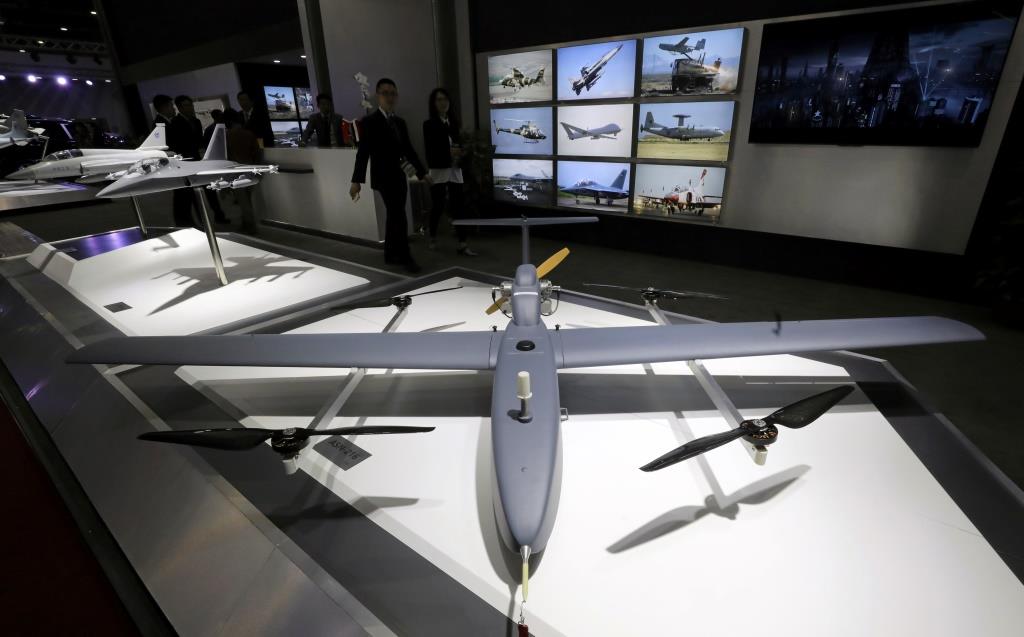Publications
Cyber, Intelligence, and Security, Volume 2, No. 2, December 2018

For a number of decades, Israel has been among the leaders in the manufacture, export, and operation of unmanned aerial vehicles (UAVs). This position has given Israel a security advantage and has affected its relations with various countries. In recent years, significant changes have occurred in this sphere, as new manufacturers and exporters, such as China, Iran, and Russia, have appeared, while the United States has changed its export policy. Growing use is being made of civilian technologies and tools, such as drones converted to military use by both countries and terrorist organizations. These changes potentially could have a substantial effect on Israel, both in terms of security and trade. This article reviews the developments that have taken place in the worldwide proliferation of UAVs and recommends a suitable policy for the State of Israel in order to address these changes, including expanding intelligence monitoring of proliferation of UAV systems and components, investing in cyber and electronic warfare systems to counter UAVs, increasing transparency in manufacture and development, and supporting civilian development aimed at entering new markets.


